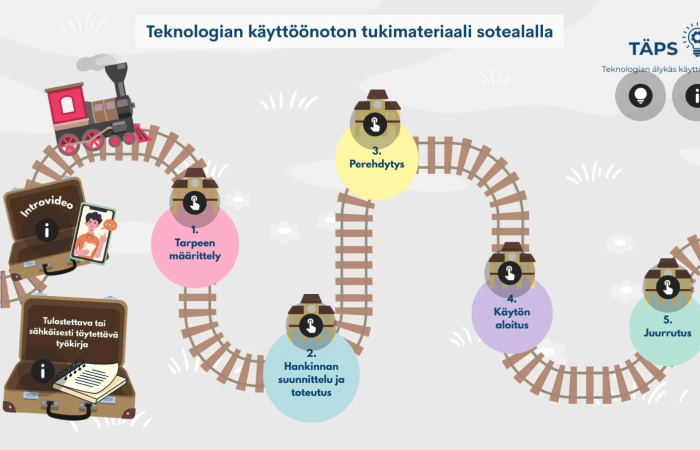We Research: Self-efficacy and enjoyment in learning mathematics through games
Math anxiety is a widespread and multifaceted phenomenon that can emerge as early as primary school. It impairs learning outcomes, undermines students' self-confidence, and can lead to avoidance of mathematics. In the long term, this often results in limited educational and career opportunities, even for students who have the skills to succeed. Mathematics anxiety involves emotional, cognitive, and social factors, which is why it cannot be explained solely by learning difficulties. According to previous research literature, self-efficacy is of great importance in the context of learning mathematics. Self-efficacy describes a student's belief in their own ability to learn and succeed. Studies also show that gender differences play a significant role; girls report higher levels of anxiety than boys more often, even though their learning outcomes are on average equally good. This imbalance is further reflected in how students pursue mathematics-intensive study and career paths. These challenges call for new solutions that take into account the many factors involved in learning mathematics. Digital learning games offer a promising way to combine mathematical skills training with emotional support in ways that traditional classroom teaching cannot always achieve. Studies show that strong self-efficacy increases students' courage to try and reduces math anxiety, and this plays a key role in the learning game being developed in the project.

The international MathifyMe project explores how math anxiety can be identified, understood, and alleviated through pedagogical and technological means. A particular focus is on the development of a digital learning game that aims to provide students with a safe and low-pressure learning environment, strengthen their self-efficacy, and bring joy and a sense of achievement to learning mathematics. In addition, the research examines what practical strategies teachers already have for alleviating anxiety and what new approaches they need. The research also covers gender differences, as girls report more anxiety than boys despite having similar learning outcomes. This allows us to identify the structural and cultural factors that guide students' educational and career choices.
Development and research are interlinked in the project. In the first phase, a comprehensive needs analysis was conducted in five European countries (Finland, the Netherlands, Croatia, Malta, and Portugal). This included a literature review, an analysis of the curricula of the participating countries, and questionnaires and focus group interviews with teachers, students, and parents. Based on the needs analysis, the goals of the player experience are defined, enabling the game design to respond to the actual emotional and cognitive needs of the students. Game prototypes are built in stages and tested iteratively with target groups, i.e., testing with real users is sought at each stage. Feedback from each stage is used to further develop the game and related pedagogical solutions. Finally, the effects of the game and teachers' professional development training on learning outcomes, emotional well-being, and alleviated math anxiety are evaluated.
As a result of the study, a digital learning game and a related professional development program for teachers will be developed, which together will support the identification and prevention of math anxiety in schools. The game will provide students with a safe environment with minimal pressure to practice mathematics, strengthen their self-efficacy, and support positive learning experiences. Through teacher professional development, the game will become embedded in teaching practices, while teachers will gain concrete tools for both identifying and reducing anxiety. In addition, the research will produce new information about math anxiety as a phenomenon and about what kind of pedagogical and technological solutions could be effective. These results can be utilized not only in the development of the game but also more broadly in educational planning and the development of teaching technologies.
Did you know?
- It is estimated that one in six pupils experience moderate to severe math anxiety already in elementary school.
- Math anxiety affects both weak and strong students – even skilled students can underperform due to anxiety.
- Self-confidence and self-efficacy are crucial factors. Students who believe in their own abilities experience less anxiety regardless of their actual skill level.
- Empathetic support and positive feedback from teachers can break the negative cycle in which anxiety and fear of failure reinforce each other.
- Digital game-based learning (DGBL) has proven to be a method that optimizes learning and has a positive effect on concentration, knowledge acquisition, and memory.
- Immersive, narrative-driven games have been found to be a form of educational gaming that is suitable for many different types of learners.



